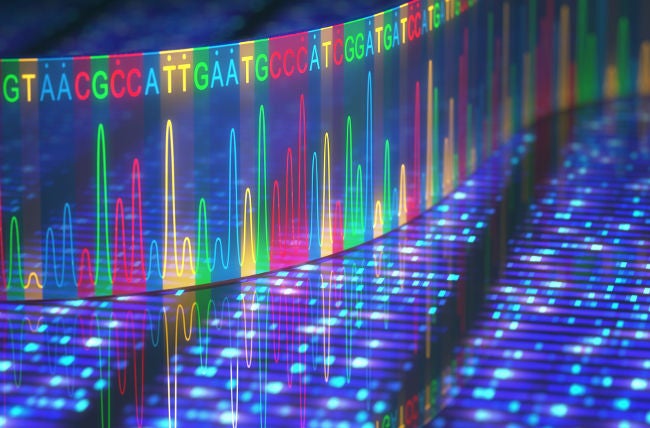
A team of KKH clinicians and scientists from Agency for Science, Technology and Research (A*STAR) have reported the first case of EIF6 gene mutation in a six-year-old Chinese boy with Schwachman-Diamond Syndrome-like features1.
A rare disorder with an estimated incidence of one in 76,000, Shwachman-Diamond syndrome (SDS) is characterised by pancreatic insufficiency associated with growth failure, blood-related abnormalities, and bone marrow failure.
A novel cause of SDS-like phenotype
“The child presented in infancy with low counts for all three types of blood cells, high levels of liver enzymes and swelling of the liver and spleen, as well as developmental delay. He subsequently developed pancreatic insufficiency with malabsorption and poor growth,” shares Professor Phua Kong Boo, Emeritus Consultant, Gastroenterology, Hepatology & Nutrition Service, KKH.
The child was referred to the KKH Genetics Service for evaluation at the age of 13 months, and enrolled for research trio exome sequencing. Exome sequencing of the child and his parents identified a novel mutation in the EIF6 gene, suggesting a novel cause of SDS-like phenotype. The findings were published in the American Journal of Medical Genetics1.
“To our knowledge, this is the first time a mutation in the EIF6 gene has been associated with any human disorder. Identification of more cases of this novel form of SDS-like phenotype would strengthen the association with the genetic aetiology,” shares lead author Dr Koh Ai Ling, Associate Consultant, Genetics Service, KKH.
About 90 per cent of patients with SDS have biallelic mutations in the Shwachman-Bodian-Diamond Syndrome (SBDS) gene. Three additional genes – EFL1, DNAJC21 and SRP54 – have been reported in association with a SDS phenotype. The cause remains unknown for about 10 per cent of patients.
The novel phenotype has been named PKB Syndrome, after Prof Phua Kong Boo, who first identified the unique combination of symptoms.
Treatment and clinical progression
“Guided by the genetic diagnosis, the medical team has been able to manage the patient’s pancreatic insufficiency with pancreatic enzymes and his growth has improved. His stool frequency also reduced from four to six times daily, to twice a day,” shares Prof Phua.
“Early intervention therapy with the physiotherapist and speech and language therapist also improved his neurodevelopment, and the patient continues to undergo regular follow up in the gastroenterology and genetics clinics.”
“Identifying and characterising this new disease has empowered the medical team in clinical management and treatment for this little boy. In contrast with patients with SDS caused by other mutations, his bone marrow function has improved with age. All of us are greatly heartened by the improvements to his growth, development and quality of life,” adds corresponding author Dr Saumya Jamuar, Senior Consultant, Genetics Service, KKH, who is also Head, SingHealth Duke-NUS Genomic Medicine Centre.
Bringing Research Innovations for the Diagnosis of Genetic diseases in Singapore
PKB Syndrome is one of six new diseases that have been discovered through the BRIDGES Programme, which was launched in 2014 to look into undiagnosed diseases of young children.
A collaboration with KKH, genomic research institutes at SingHealth, A*STAR and Duke-NUS, the programme synergises diagnostic efforts and taps on innovations in genomic technologies to directly benefit patients and families and improve their health outcomes.
Since its launch, the BRIDGES programme has completed analysis for 412 families and made a diagnosis in 160 families (39 per cent), leading to tailored clinical management and improved health outcomes in at least one in three families.
Read related articles: |
References:
|














 Get it on Google Play
Get it on Google Play